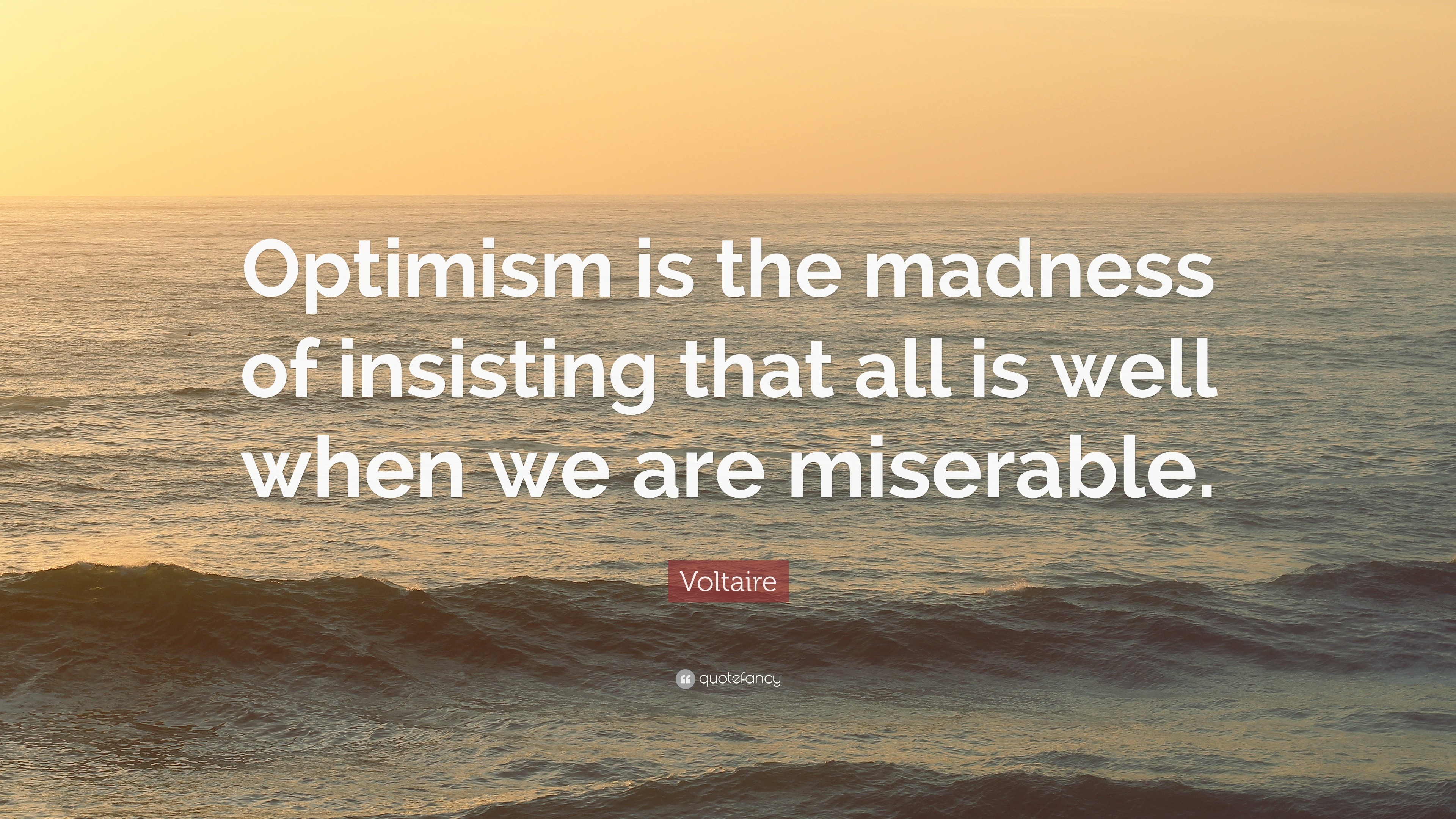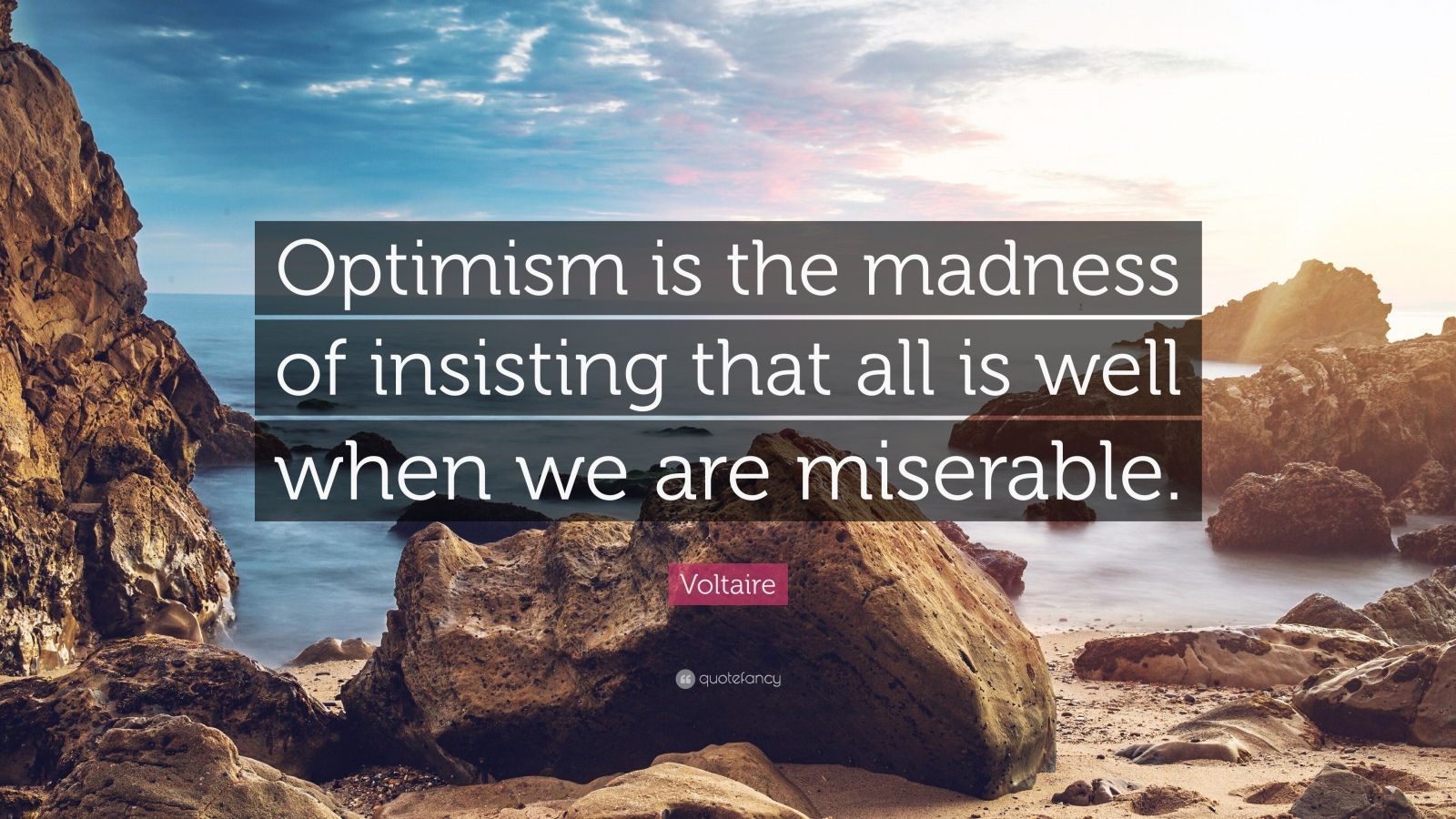

No, the motivation behind this set of questions was far more philosophical and arose directly from both the reigning Hegelianism of the day, as well as the dominance of structuralism. Indeed, during the sixties the prospects of overturning capitalism appeared much more optimistic in many respects.

#Internalist optimism philosophy how to
For thinkers like Ranciere, Badiou, Balibar, and later Zizek, I don’t think the issue here was that capitalism seemed to be an unbeatable beast, thereby generating questions of how to change it. Our question should be that of how change became a problem or a question in the first place. As a result of the rise of structuralism and Hegelianism, the neo-Marxists coming out of the Althusserian school of Marxist thought found themselves beset with the question of how change is possible. Setting aside Harman’s variant of OOO for the moment, Badiou ontology, I think, arises as a response to a specific historical situation in philosophy. Likewise, while we find nothing like events or truth-procedures as Badiou understands them, Harman’s objects are nonetheless subtracted from all relation by virtue of the fact that they are radically withdrawn. Badiou’s multiplicities are militantly anti-relational and, moreover, everything in his thought revolves around what can be subtracted from situations: events and truth-procedures. So given such profound differences between these two thinkers, what could have led me to discern such a profound proximity between the two of them? Simply put, both Harman and Badiou are profound anti-relationists and subtractive thinkers. This is certainly an odd claim to make as Badiou is nowhere a key reference in Graham’s work, nor does he deploy concepts like multiplicity, event, truth-procedure, or set in his ontology. Expanding a bit on my last post, I recall that my initial impression of Harman’s Tool-Being was that it was a strange Badiouianism.


 0 kommentar(er)
0 kommentar(er)
